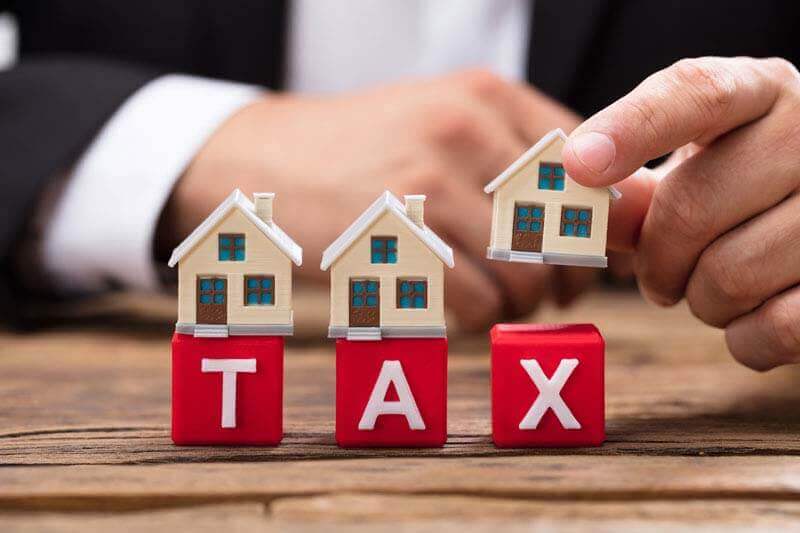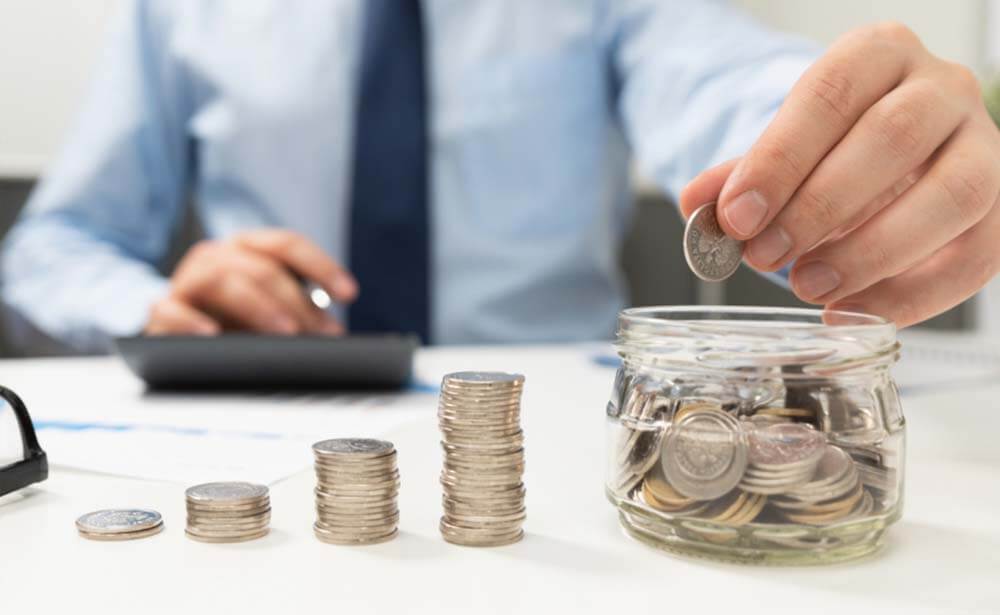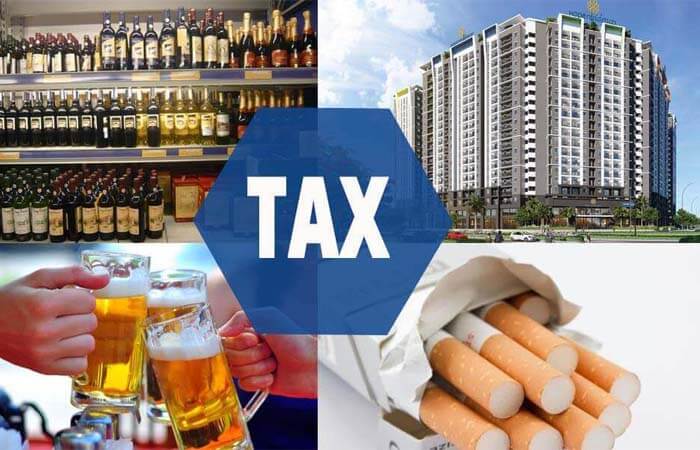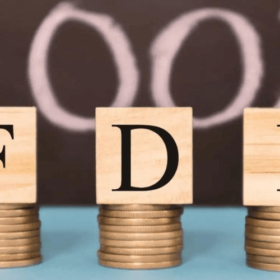On April 23, Deputy Prime Minister Le Minh Khai signed Decision No. 4/QD-TTg approving it Strategy for tax reform until 2030. Proposing to change the main taxes, fees and charges: excise tax, house use tax, value added tax (VAT), import and export tax (import and export), corporate income tax (CIT) – personal income (PIT); tax on environmental resources and a number of other taxes belonging to the state budget.
Regarding the reform of the tax policy system, the synchronous completion of Vietnam's tax system is in line with the standards of the tax system in accordance with international practices. At the same time, meeting the resource requirements to implement the 10-year strategy for socio-economic development from 2021 to 2030.
Increase excise tax on alcohol, beer, tobacco
In order to limit production and consumption and fulfill international commitments, it is necessary to develop a roadmap to adjust tax increases for tobacco, beer and alcohol products. Adjust consumption tax rates for tobacco and alcohol products in line with socio-economic conditions in the 2021-2030 period.
At the same time, the study applies a combination of proportional tax rate and absolute tax rate to a number of goods and services subject to excise tax.
Additional regulation of house and land tax collection
An important content of Decision No. 508 is concerned with taxes related to agricultural land use and non-agricultural land use tax. By the end of 2025, the agricultural land use tax exemption will continue to be implemented, contributing to promoting the development of agriculture and new rural areas.

Research to increase the regulation level for land and supplement tax collection for houses in order to use houses and land effectively, limit speculation on houses and land, and ensure a reasonable and stable source of revenue for the budget. state, in accordance with Vietnam's socio-economic conditions and international practices.
Additional adjustment of value added tax
In the policy of changing the tax system to 2030, VAT applies a single tax rate, expanding the tax base for VAT by reducing the group of non-taxable goods and services and the group of goods and services. subject to the tax rate of 5%.
Research to increase the VAT rate according to the roadmap, adjust the revenue threshold and apply the deduction method to suit reality. Uniformly apply tax calculation method according to percentage of turnover for taxpayers with revenue below or not eligible for deduction method.
Adjustment of Import and Export tax
Research and amend import-export tax policies to promote exports, increase domestic value, and limit raw exports. Implement preferential policies to promote the development of spearhead, supporting industries and priority fields, ensuring compliance with the country's socio-economic development orientations in each period. and international commitments.
Continue to reduce the number of tax rates to simplify the import tariff, striving to reduce it from the current 32 levels to about 25 levels by 2025 and reach 20 levels by 2030.
Adjustment of corporate income tax, personal income
CIT incentives, reviewing to amend or abolish tax exemption and reduction incentives are no longer suitable with development requirements and international integration requirements. Minimize the integration of tax exemption and reduction policies with social policies, ensuring tax neutrality so that it can be applied stably in the medium and long term.
Implementing CIT incentives for small and micro enterprises, the foreign investment attraction policy shifts the focus from quantity to quality, encouraging investment participation in key industries and areas that need it. encourage investment.

For personal income tax, review taxable objects, research and amend in the direction of adjusting the amount and tax rates suitable to taxable income in accordance with the nature of each type of income. At the same time, it facilitates simple, quick and accurate tax finalization, preventing tax evasion.
Researching and amending and supplementing regulations on tax exemption and reduction for taxpayers in accordance with the socio-economic context of our country in each period.
Adjustment of natural resources and environment tax
With the policy of changing the tax system to 2030, natural resources tax needs to study and amend regulations, calculated prices, calculated output, tax brackets - rates and exemptions and reductions in the direction of transparency and clarity. Ensuring that the resource tax policy is an effective tool to contribute to the management, protection and encouragement of economical and efficient use and improvement of the quality and value of natural resources.
To raise awareness of environmental protection, it is necessary to study and expand the subjects subject to environmental protection tax for polluting goods, adjust the tax bracket and rate to ensure the tax policy of environmental protection. Applying tax policy as an important economic tool contributes to limiting the production and use of goods that cause serious environmental pollution.









